I was honored to author the piece below for the Westerly Anti-Racism Coalition‘s monthly column that appears in The Westerly Sun. It was originally published in the paper on April 27.
“Mary is brave taking that route through the city. We’re going the safe way.” My parish priest made this observation as we followed my mother’s car home to our small town outside Hartford, Connecticut, from a day at Misquamicut Beach. Throughout my childhood in the1970s, my family made regular summer trips to the beach. The journeys involved several cars filled with my five siblings, family friends, and always one of the many priests my parents knew through their involvement with the church.
That day, Father Joe steered the car I was in down a tree-lined street of mansions. I silently prayed for my mom’s safety as her car disappeared on the “dangerous” more direct way through the city.
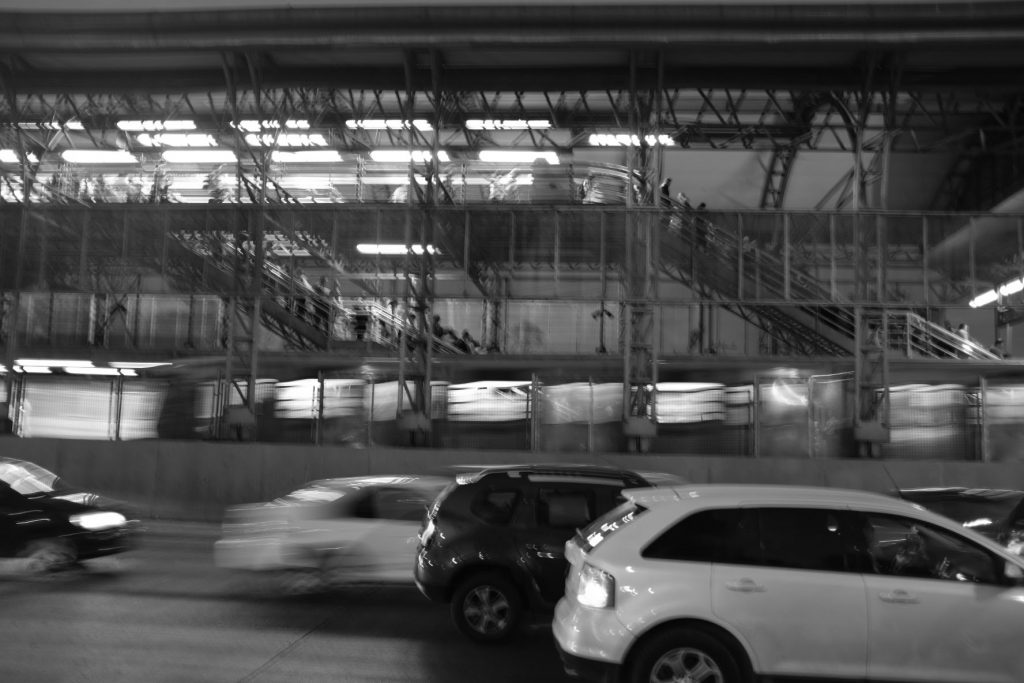
My dad worked in Hartford, so I knew the different routes home. I learned at a young age that the “dangerous” neighborhoods were where Black and Puerto Rican people lived. I always had questions –some silent, some spoken – every time we passed through them. Why do people live here? Why do they dress differently? Why are so many people on the street? Why do we lock the doors and roll up the windows? Why is there only one Black family in our town?
My ten-year-old self struggled to understand the complexities of race, class, and culture.
I am still making sense of our world. As an adult, I have more tools to help me, including several recently published books.
Isabel Wilkerson’s metaphors in Caste deepened my understanding of how structures established long ago contribute to inequity. The Color of Law by Richard Rothstein made it clear that my idyllic childhood town was not all white by accident, but was the result of unjust laws and discriminatory practices in housing and banking. And The Sum of Us by Heather McGhee showed me real-world examples of how injustice for some hurts all.
I also learn by interacting with others like the diverse group of people who meet every Sunday at Westerly ARC’s gatherings on the post office steps.
I now understand that racism comes in many forms, not just as an interaction between two people. Grasping the concepts of structural and systemic racism is a challenge if you’ve never experienced them, but that does not make them less real. Examining the causes of inequity is not about assigning blame or provoking feelings of guilt. It is a way to build a better society for all. Ignoring problems that harm anyone in our community (or denying they exist) leads to worse outcomes for everyone.
For nearly three years, Westerly ARC has worked to educate ourselves and others on the benefits of creating a more equitable and inclusive Westerly. But what exactly does that mean? As a teacher, ensuring that students understand the words we use as a starting point toward deeper knowledge is helpful. To that end, here are a few terms widely used today, but often misunderstood.
Diversity is about recognizing that we are not all the same. Westerly is full of diversity in age, gender, ethnicity, religion, disability, sexual orientation, education, socioeconomic status, political perspective, religion, language, national origin, and more. For example, about 20% of Westerly students identify as a race other than white.
Equity means giving everyone what they need with the goal of creating a more fair and just society. Teachers work toward equity by individualizing instruction according to students’ needs. Sometimes inequity is hard to see as it is the result of unfair systems that have been in place for decades.
Inclusion sounds easy, but it takes work to achieve. It involves a feeling of true belonging and empowerment for those who have traditionally been marginalized.
Representation is one way to support inclusion. Providing students with books that reflect their identity, teaching history that centers marginalized groups, and electing representatives of different races go a long way to make everyone feel empowered, leading to better outcomes for all.
Implicit Bias leads us to make snap judgments that are out of our control, like associating a religion with terrorism. I am reminded of my own bias whenever I pass through those “dangerous” neighborhoods.
Father Joe may not have realized he was perpetuating a stereotype on that day driving back from Misquamicut, but that does not matter. What matters is that I use my understanding of injustice to take action. The compassion and empathy for others that I learned from my parents and my Catholic upbringing compel me to take action. Joining the conversation is one way to take action.
Conversations about race can be uncomfortable, but that does not mean we should shy away from them. My confidence in having these conversations has grown because I continue to learn the answers to my childhood questions and new ones that have come since then. The discomfort is still there, but the need for conversation and action is too great to ignore.
Westerly ARC invites you to join the conversations at our Sunday gatherings.
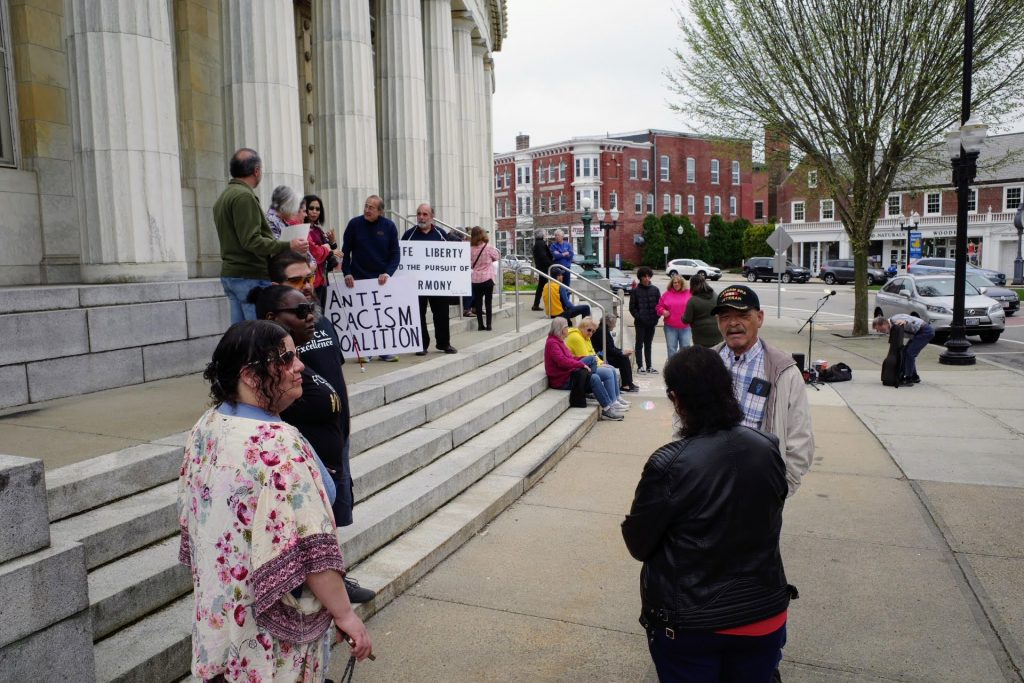
This column is written by members of the Westerly Anti-Racism Coalition, which embraces multiculturalism to address racism. Geoff Serra is a contributing editor. ARC meets on the steps of the Westerly Post Office each Sunday, 11 a.m. to 1 p.m. All are welcome. Learn more and subscribe to ARC’s newsletter at westerlyarc.weebly.com. Contact them at westerlyarc@gmail.com.
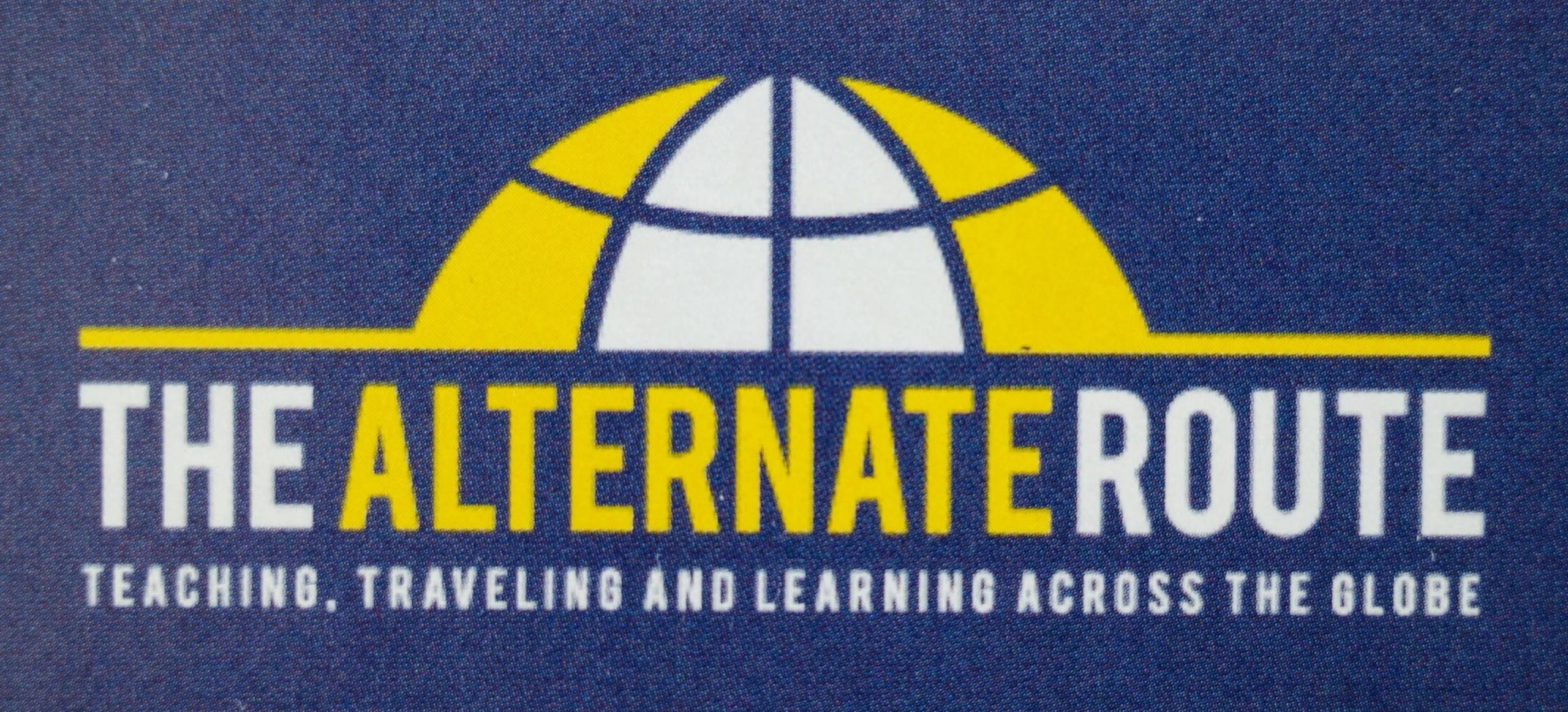
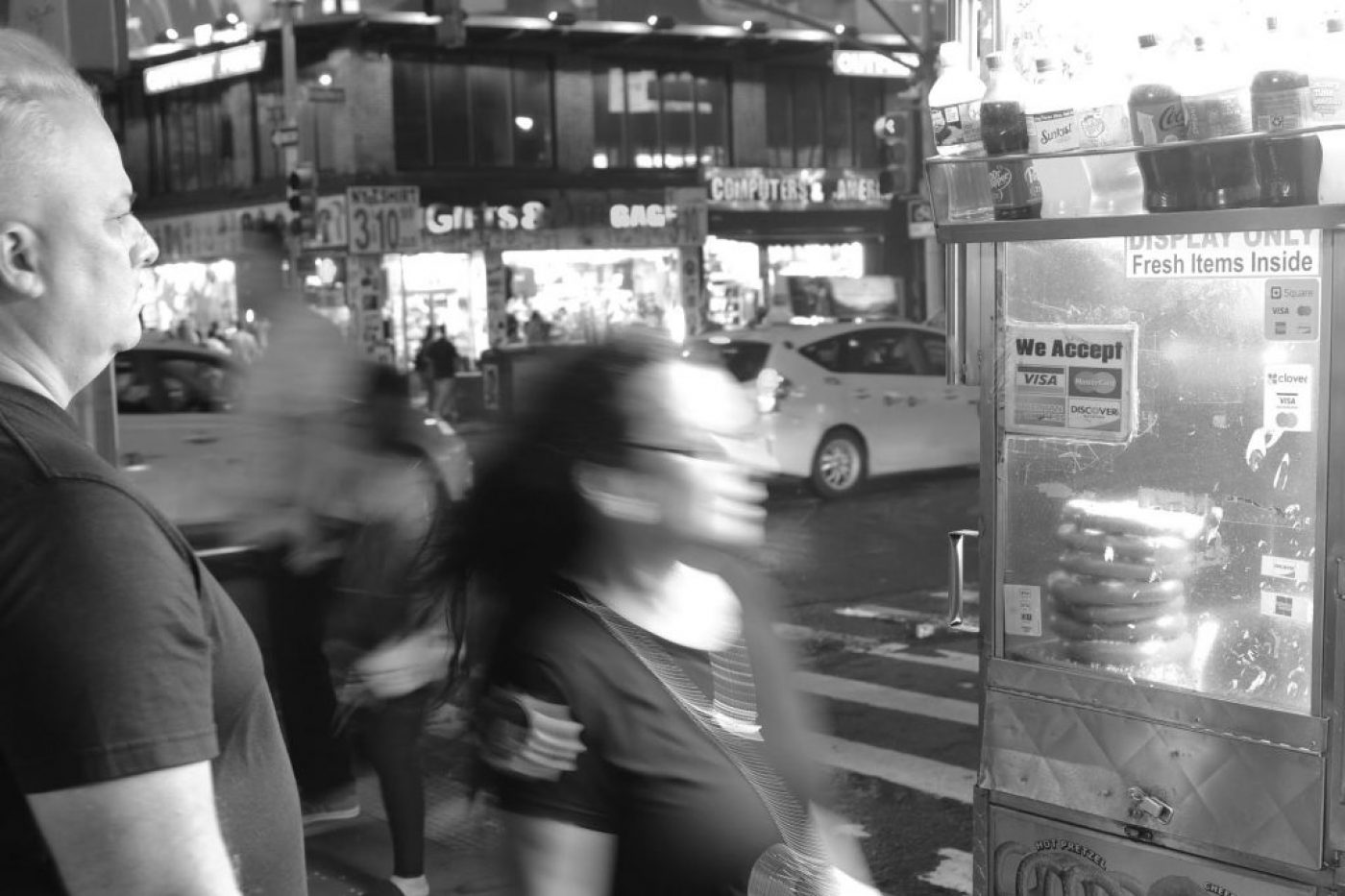



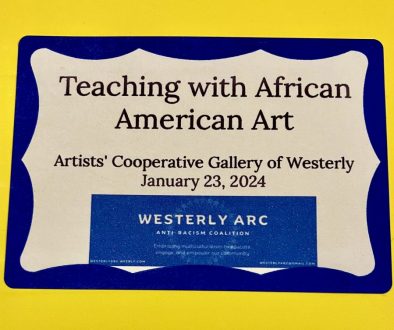
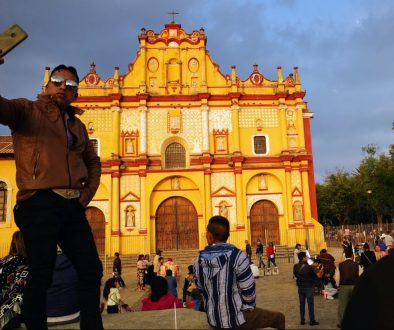
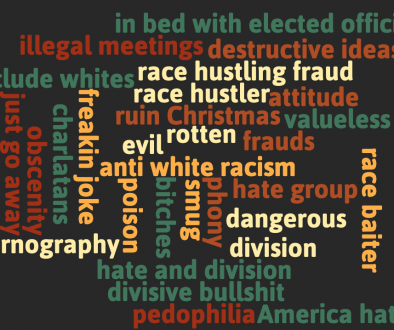
April 28, 2023 @ 16:29
Thank you for adding to my reading list, Tim! I’m still learning from you!
April 30, 2023 @ 20:59
thanks, Lori
April 29, 2023 @ 09:28
I’ve read Caste, and it’s an excellent book. I have also read My Grandmother’s Hands, by Resmaa Menakem MSW LISCW, about generational radicalized trauma.
I look forward to reading the other two books you’ve recommended.
April 30, 2023 @ 21:00
Thanks for the recommendation, Diane. I’ve heard great things about My Grandmother’s Hands.
April 29, 2023 @ 21:07
Another excellent offering, Tim! In addition to the 3 books you reference (which are must-reads), I recently read Lies My Teacher Told Me: Everything American History Textbooks Get Wrong by James Loewen, and Unsettling Truths by Mark Charles (similar focus, I believe, as the Rothstein book above).
April 30, 2023 @ 21:01
Unsettling Truths is truly unsettling, but a must-read for sure. I need to read it again and again.
May 1, 2023 @ 08:12
Thanks, Tim!
May 11, 2023 @ 23:10
Thanks for reading, Pam.